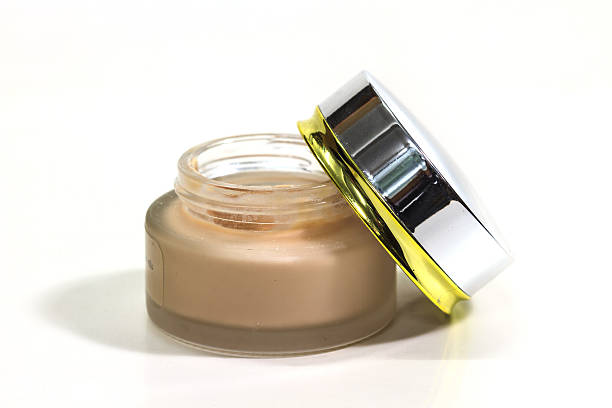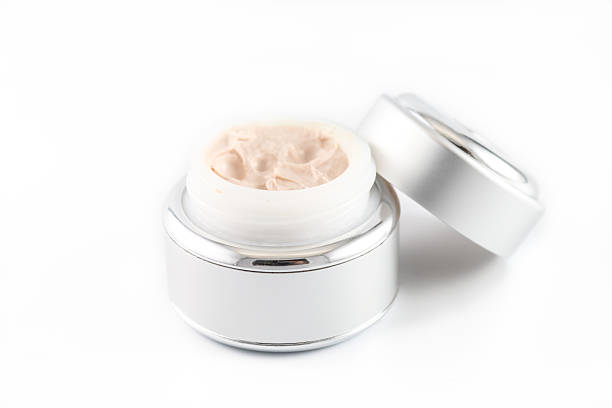Are you tired of dealing with the discomfort and embarrassment of skin conditions like eczema, psoriasis, and dermatitis? Desonide cream may be the solution you’ve been looking for. This topical corticosteroid cream reduces inflammation, relieves itching, and promotes healthier skin. This article will examine Desonide cream, its benefits, potential side effects, and how to use it effectively to achieve the best results.
What is Desonide Cream?

Desonide cream is a topical corticosteroid cream used to treat skin conditions such as eczema, psoriasis, and dermatitis. It is available in various strengths, including 0.05% and 0.25%, and is applied directly to the affected area to reduce inflammation and relieve itching. Desonide cream is a prescription-strength medication that can only be obtained through a healthcare professional.
Desonide cream works by suppressing the immune system’s response to inflammation, which reduces the swelling, redness, and itching associated with skin conditions. It is typically applied once or twice daily, depending on the severity of the condition. It can be used for short periods to control flare-ups or more extended periods to manage chronic conditions.
Desonide cream is a popular treatment option for skin conditions due to its effectiveness and relatively low risk of side effects. However, using the cream as directed and following a healthcare professional’s advice is essential to minimize the risk of adverse reactions.
Benefits of Desonide Cream

Desonide cream offers several benefits for those suffering from skin conditions. One of the primary benefits is its ability to reduce inflammation and relieve itching, which can be a significant source of discomfort and distress. Additionally, desonide cream can help to reduce the appearance of redness and swelling, allowing the skin to appear more normal and reducing the risk of scarring.
Desonide cream is also relatively easy to use; simply apply a thin layer to the affected area once or twice daily. This makes it a convenient option for those with busy lifestyles or who may have difficulty remembering to take medication multiple times a day. Furthermore, desonide cream has various strengths, allowing healthcare professionals to tailor treatment to the individual’s needs.
Overall, desonide cream is a valuable treatment option for those suffering from skin conditions, offering effective relief from inflammation, itching, and redness. Its ease of use and relatively low risk of side effects make it a popular choice among healthcare professionals and patients.
Read More : How To Make Grapefruit Oil?
Side Effects and Precautions

Like all medications, desonide cream can cause side effects, although generally mild and temporary. Common side effects include burning, stinging, or itching at the application site, as well as dryness, redness, or skin irritation. In rare cases, more severe side effects can occur, including skin thinning, stretch marks, or changes in skin colour.
To minimize the risk of side effects, it is essential to use desonide cream as directed and follow a healthcare professional’s advice. This includes applying the cream only to the affected area, avoiding use on broken or damaged skin, and not using the cream for longer than recommended. Additionally, patients should be aware of the signs of more severe side effects and seek medical attention if they occur.
Overall, desonide cream is a safe and effective treatment option for skin conditions when used as directed and under the guidance of a healthcare professional. By understanding the benefits and potential side effects of desonide cream, patients can make informed decisions about their treatment options and work towards achieving healthier, more comfortable skin.
Further More : How To Make A Body Scrub With Body Wash
Conclusion
In conclusion, Desonide cream is a valuable treatment option for those suffering from skin conditions like eczema, psoriasis, and dermatitis. Its ability to reduce inflammation, relieve itching, and promote healthier skin makes it popular among healthcare professionals and patients. By understanding how to use Desonide cream effectively and being aware of its potential side effects, patients can take control of their skin health and achieve the comfort and confidence they deserve. If you’re struggling with a skin condition, talk to your healthcare professional about whether Desonide cream suits you.
FAQs
What is Desonide cream used for?
Desonide cream is a topical corticosteroid used to treat skin conditions such as eczema, psoriasis, dermatitis, and allergies.
How do I apply Desonide cream?
Apply a thin layer of Desonide cream to the affected area once or twice daily, as directed by your healthcare professional. Gently rub the cream into the skin until it disappears.
:
What are the possible side effects of Desonide cream?
Common side effects include burning, stinging, or itching at the application site, as well as dryness, redness, or skin irritation. Rarely, more severe side effects can occur, including skin thinning, stretch marks, or changes in skin colour.
Can I use Desonide cream on my face?
Yes, Desonide cream can be used on the face with caution. Avoid applying the cream to the delicate skin around the eyes, mouth, or nasal folds. Also, be aware that long-term use on the face can lead to skin thinning or rosacea-like symptoms.
How long can I use Desonide cream?
Use Desonide cream for the shortest time necessary to control your skin condition. Long-term use can lead to skin thinning, stretch marks, or changes in skin colour. If your condition persists or worsens, consult your healthcare professional for further guidance.

